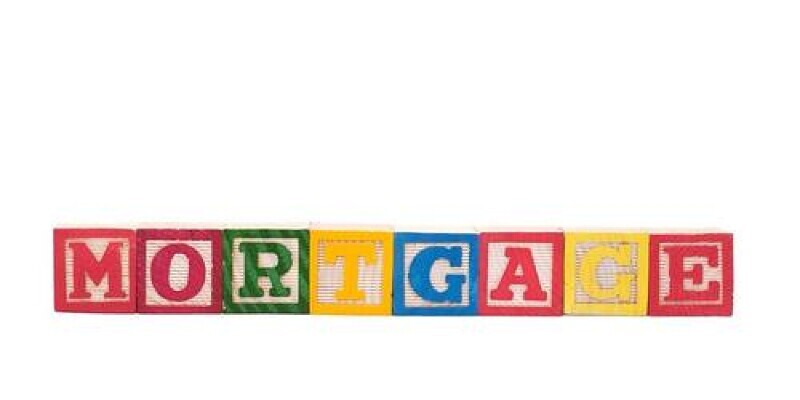2022

Can I Buy a Home With Credit Card Debt?
Credit cards, and how you use them, are a huge part of your overall credit score and history. Responsible use of a few cards demonstrates that you handle credit well, and may make you a higher score. Irresponsible or excessive use of credit cards demonstrates that you may not manage money or monetary obligations well, and may make you a lower credit score. Credit card debt in itself will keep you from owning a home; how you handle your credit card debt may.
History
Several things influence your credit score: your credit account balances versus your credit limit, the amount of credit card you have, your payment history on these balances and just how long your credit accounts have been open. Credit reporting bureaus and creditors want to see that you get a long record of accomplishment in your credit history as a sign of how you manage credit with time. They search for immediate payment on all accounts and also for balances maintained below 50 percent of their credit limit–rather from the 20 to 30 percent range, based on Ask Mr. Credit Card. Lenders also don’t want you to have numerous reports that you could easily overextend yourself with available credit. A maximum of two to 3 credit cards, along with a car payment and a mortgage, is ideal.
Significance
With credit card debt, carrying a balance that’s a sizable percentage of your credit limit is frowned upon because it proves that you might spend more than you can easily repay. This is particularly true if it is a recurring pattern over a long period, if you cover only your minimum amount or if you have many cards that are running high balances. The dollar amount of the equilibrium isn’t quite as important as the percentage of the available equilibrium. Three maxed-out cards with $500 credit limit harm you more than just carrying a $1,500 balance on a card with a $5,000 limit. Your credit score will suffer until you cover down those balances, and you will have trouble getting a mortgage with the best terms.
Effects
Lenders not only apply your credit score as an indicator of your general creditworthiness, but they also apply your debt to ascertain your approval too. Every lender uses a debt-to-income ratio as a portion of their loan approval procedure. This ratio compares your new monthly mortgage payment to your gross or pre-tax monthly income, to find a percentage known as the”front end ratio” Lenders also take your set monthly premiums, including all installment loan payments, credit card minimums, additional rent or mortgage payments, and obligations such as child support, and include them to the new mortgage payment. They then compare the amount to a monthly income to get what they call the”back end ratio” These numbers must fall within specific parameters, which vary based on the loan program.
Function
Conventional loans typically require ratios of 28 on the front and 36 on the back end, while the FHA requires 29 on the front and 41 on the trunk. What that means is that your new mortgage payment cannot be greater than 28 to 29 percent of your monthly gross income. Your total debt cannot be more that 36 to 41 percent of your income. Any sums over those percentages can dissuade you from receiving a mortgage loan–though there are subprime lenders that will accept greater debt ratios, but bill considerably higher interest rates.
Prevention/Solution
Paying down credit cards that have balances above 50 percent of their credit limitation –and keeping them will help improve your credit score over six months. Paying off credit cards eliminate or lower minimum payments from your debt-to-income ratio will aid with loan approval. The higher your credit score and the lower your debt-to-income ratio, the better loan terms you will have the ability to get. You are going to save yourself money in your mortgage over the long run, and discover that getting credit gets simpler in general.